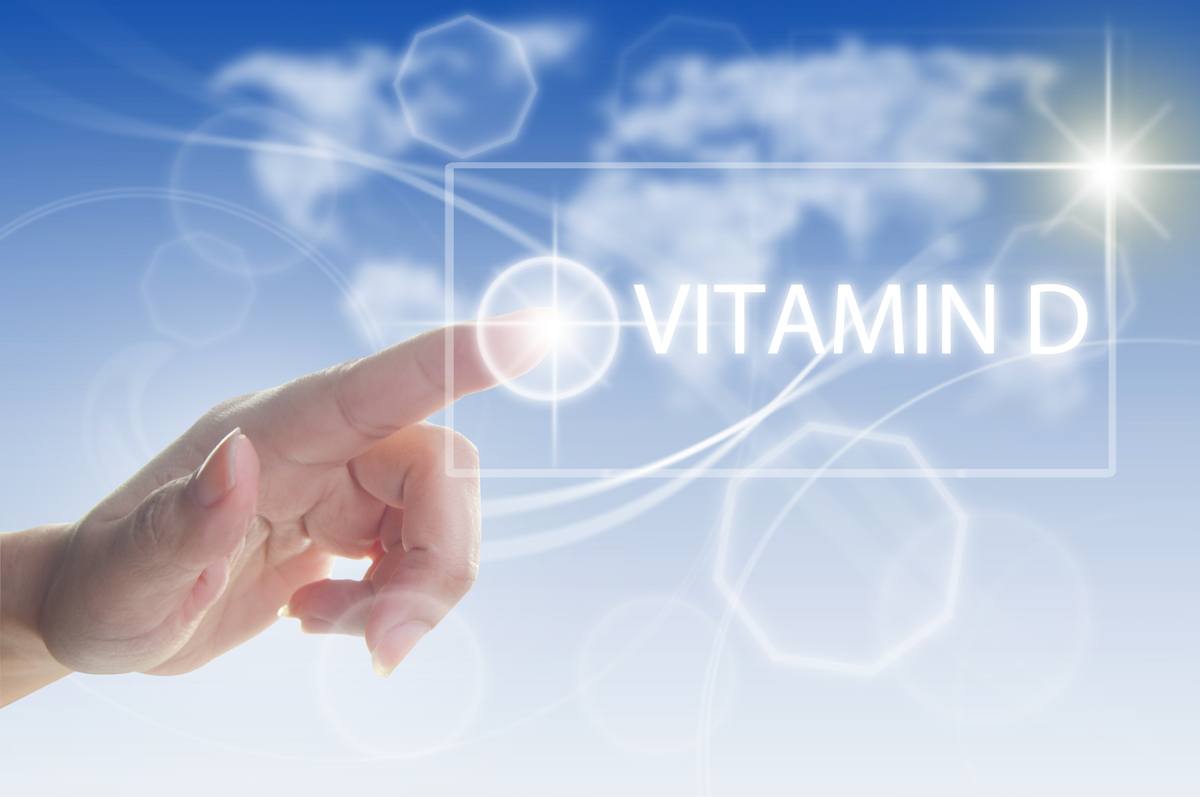Last Updated on November 12, 2023
Vitamin D is an important fat-soluble vitamin. Very few foods in nature contain it. It is also produced endogenously when ultraviolet rays from sunlight strike the skin and trigger vitamin D synthesis. It is obtained from sun exposure, food, and supplements is biologically inert and must undergo two hydroxylations in the body for activation. The first occurs in the liver and converts vitamin D to 25-hydroxyvitamin D [25(OH)D], also known as calcidiol. The second occurs primarily in the kidney and forms the physiologically active 1,25-dihydroxyvitamin D [1,25(OH)2D], also known as calcitriol.
It promotes calcium absorption in the gut and maintains adequate serum calcium and phosphate concentrations to enable normal bone mineralization and prevent hypocalcemic tetany. It is also needed for bone growth and bone remodeling by osteoblasts and osteoclasts. Without sufficient vitamin D, bones can become thin, brittle, or deformed. Vitamin D sufficiency prevents rickets in children and osteomalacia in adults. Together with calcium, it also helps protect against osteoporosis that can occur during aging.
Vitamin D has other roles in the body, including modulation of cell growth, neuromuscular and immune function, and reduction of inflammation. Many genes encoding proteins that regulate cell proliferation, differentiation, and apoptosis are modulated in part.
Food sources include Cod liver oil, swordfish, salmon, fortified orange juice, milk and yogurt, and egg yolks.
Premium Vitamin D is available for purchase online at ifernhealth.com. Major payment options are supported.







